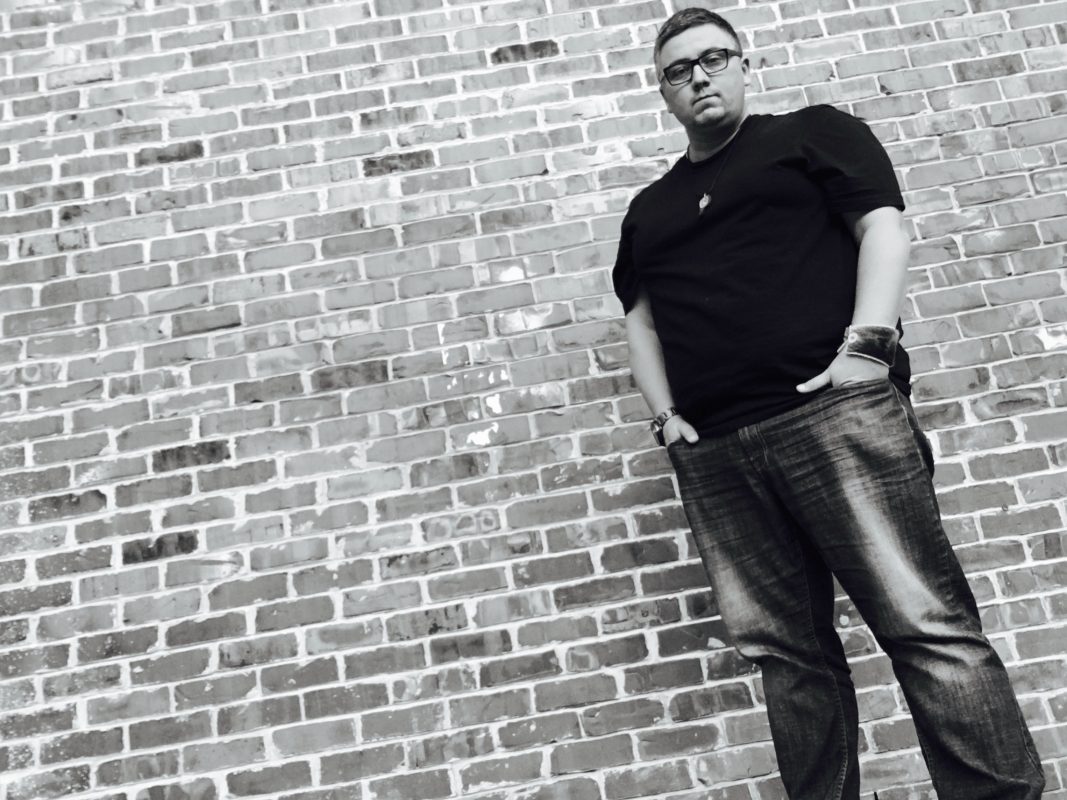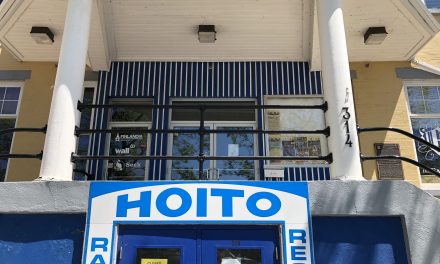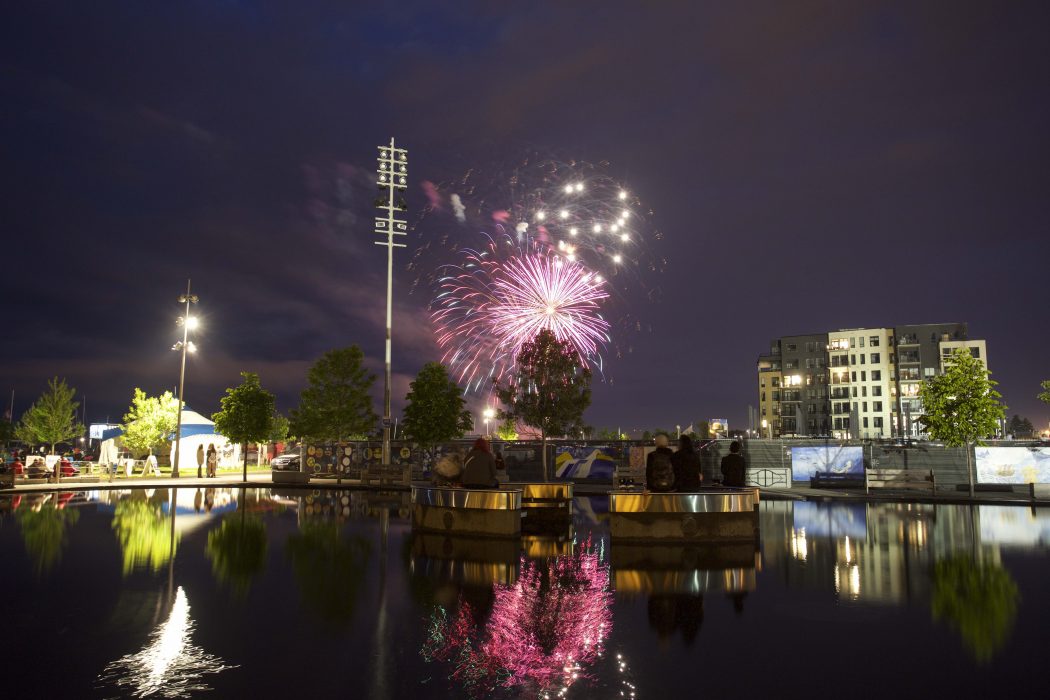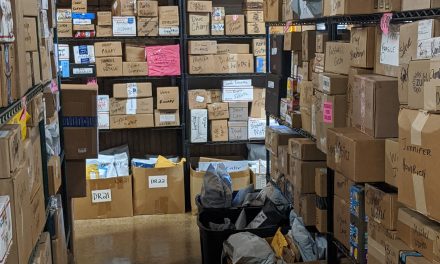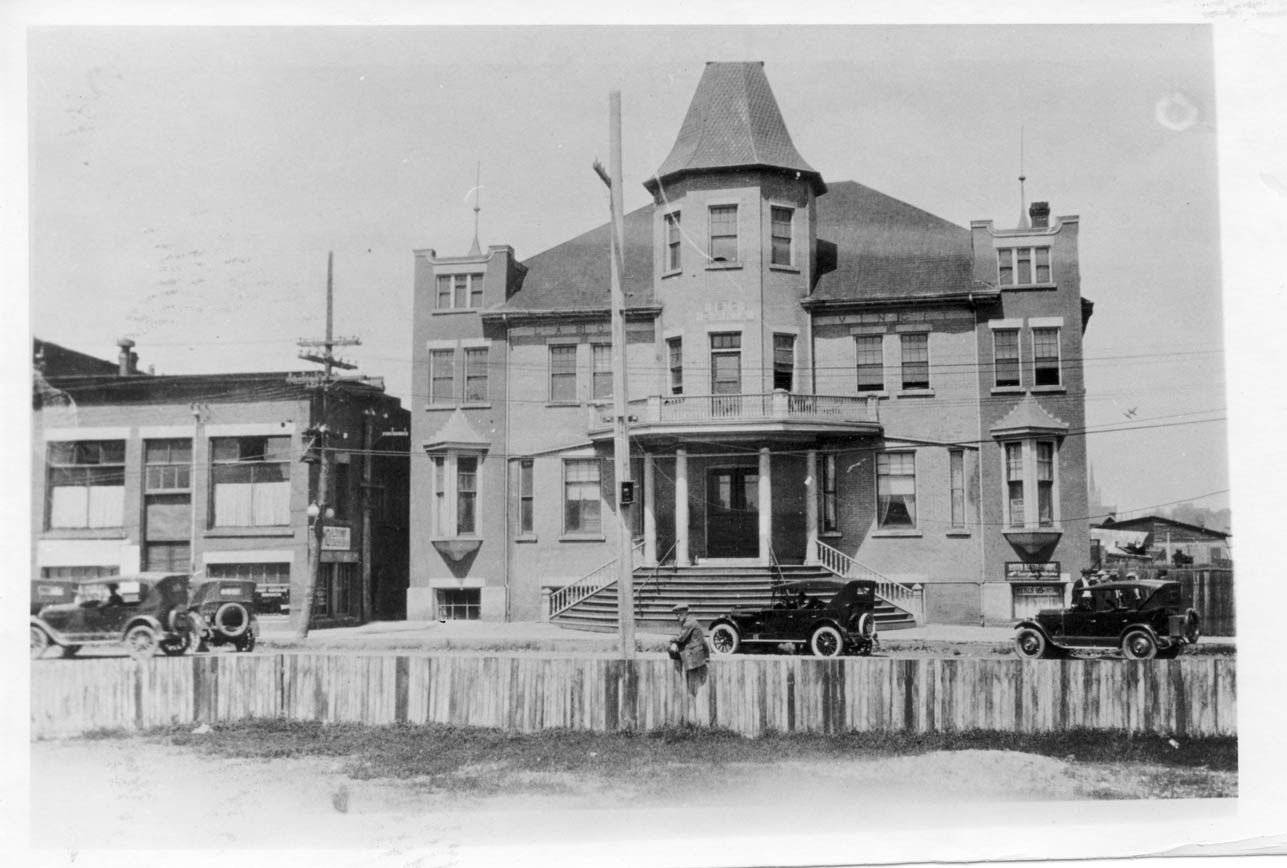Canadaland Turns Podcasting Perspective to TBay
By Kirsti Salmi
On November 13, popular podcast and news organization Canadaland hit an unprecedented fundraising goal on Patreon, a crowdfunding site. Driving the campaign was a project pitch that caught the attention of Canadians across social media: a multi-part investigative podcast about Thunder Bay with specific focus on First Nations student deaths and the city’s subsequent Seven Youth Inquest. Anishinaabe writer, comedian, and podcaster Ryan McMahon pitched the project, and for him, the journey is a personal one.
McMahon has worked for Canadaland for about a year, co-hosting politics podcast Commons bi-weekly on Tuesdays. Born in Treaty 3 (Fort Frances) and currently living in Treaty 1 (Winnipeg), McMahon is deeply connected to northern Ontario. While attending a Thunder Bay youth suicide prevention summit in 2014, he heard first hand accounts from Indigenous youth who feared daily for their lives. He sees podcasting as a way to thoroughly examine and address the roots of racism and violence in his home community. “I visit Thunder Bay 20 times a year or so,” he says. “Some of my dearest family and friends live there. I follow the community, and I care about it deeply. People on social media have said, ‘McMahon will come in and handle it like every [other journalist].’ I hope we don’t. I want to be really clear about that.”
The podcast is pre-production phase, and McMahon’s vision is to create an immersive, independent media investigation that respects the community it’s examining. The team will work with elders for storytelling guidance, and with local people to develop editorial concepts. “I don’t think it’s valuable for [our team] to come in with assumptions, even if we’re well-researched,” he says. “This is a complex, nuanced story and getting it right is really, really important. Working in the speed at which communities allow—not the news cycle—is going to be fundamental. If that means we have to wait longer to run with something, or it takes a little more time to build rapport, that’s fine. We’re going to go through the process carefully, delicately, and with empathy.”
McMahon says that he didn’t initially think the crowdfunding campaign would take off, and was blown away by the support—not just from people across the country, but within Thunder Bay itself. He’s anxious to get started, but nervous about what the team will find. When asked about his hope for the podcast’s outcome, he’s resolute: “I want to find where the failings are and hold the people or organizations responsible to account. I want there to never be another body pulled from that [McIntyre] river, Indigenous or not. I want people living in Thunder Bay to feel represented. I want those that experience violence disproportionately to feel that they’re defended and represented in a way that honours their experiences.”
His biggest hope, however, is that the podcast will mobilize listeners. “We create the communities we want to live in by having our voices heard. It’s incumbent on all of us that have the ability to make a difference, in whatever way we can—to make that difference right now. Not a year from now, not after the election. As complex as the challenges are, I believe in Thunder Bay, I know there are good people who care doing good work there. If the podcast does anything, my hope is that we motivate people to do more.”
The podcast is not yet being recorded and its start date is to be announced. Visit canadalandshow.com, find Canadaland on Facebook, or follow Canadaland (@CANADALAND) and Ryan McMahon (@RMComedy) on Twitter for updates.


